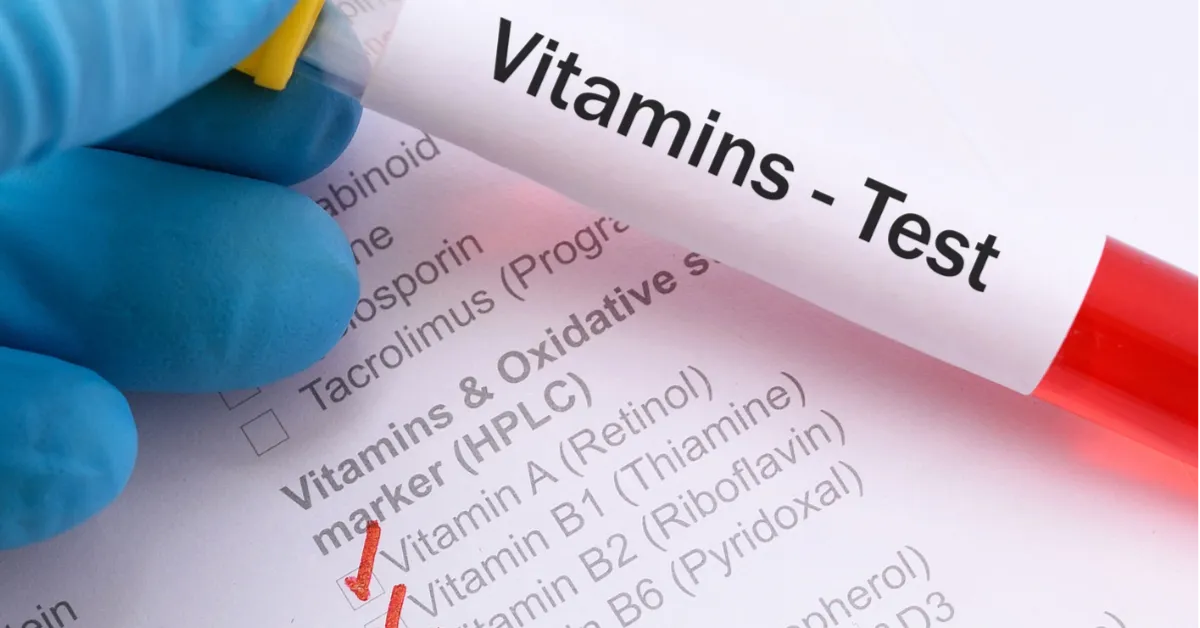ASTM E2220 Vitamin C Oxidation Testing in Citrus Products
The ASTM E2220 standard is a critical tool used to assess the stability and quality of ascorbic acid (Vitamin C) content in citrus products. This test specifically evaluates the oxidation levels of Vitamin C, which can degrade over time due to various factors including light exposure, temperature changes, and storage conditions.
The process involves several steps that ensure accurate measurement and reporting of Vitamin C content after potential oxidative stress. Samples are prepared by extracting ascorbic acid from citrus fruits or juices following standard procedures detailed in ASTM E2220. The extracted samples undergo a series of chemical reactions designed to quantify the remaining Vitamin C, taking into account any oxidation that may have occurred.
This testing is particularly important for ensuring product quality and compliance with regulatory standards, especially when dealing with perishable goods like citrus fruits or fruit juices. By measuring the amount of oxidized Vitamin C, manufacturers can better understand how their products are affected by post-harvest handling practices and storage conditions. This information allows them to implement measures aimed at extending shelf life and maintaining product integrity.
The ASTM E2220 standard is widely recognized for its accuracy and reliability in assessing Vitamin C oxidation levels, making it a preferred choice among food and feed testing laboratories around the world. It provides a standardized method that ensures consistent results across different labs, which is crucial for maintaining high standards of quality control within the industry.
One of the key aspects of ASTM E2220 lies in its ability to detect even minor changes in Vitamin C content, thanks to advanced analytical techniques employed during testing. These methods include spectrophotometric analysis and other modern laboratory tools that allow for precise quantification of ascorbic acid present in citrus products.
Understanding the impact of environmental factors such as temperature fluctuations or exposure to air on Vitamin C stability is essential for effective quality management strategies within manufacturing processes involving citrus products. By utilizing ASTM E2220, companies can ensure they are meeting both internal and external requirements regarding product safety and efficacy.
Why Choose This Test
- Accurate measurement of Vitamin C oxidation levels in citrus products.
- Comprehensive evaluation of post-harvest handling practices on product quality.
- Standardized methods ensuring consistent results across different laboratories.
- Precise quantification using advanced analytical techniques like spectrophotometry.
- Supports compliance with international regulations and industry standards.
Customer Impact and Satisfaction
The ASTM E2220 Vitamin C Oxidation Testing service directly impacts the quality of citrus products by providing reliable data on Vitamin C content. This helps customers make informed decisions about their product offerings, ensuring they meet customer expectations regarding freshness and nutritional value.
- Enhances brand reputation through consistent product quality.
- Aids in optimizing supply chain logistics to minimize spoilage during transportation.
- Facilitates better inventory management by predicting shelf life more accurately.
- Supports research and development efforts aimed at improving processing techniques.
International Acceptance and Recognition
The ASTM E2220 standard is globally accepted for its rigorous approach to assessing Vitamin C oxidation in citrus products. Its widespread adoption among food safety organizations and regulatory bodies underscores the importance placed on this parameter within the industry.
By adhering to these standards, companies demonstrate their commitment to maintaining high levels of quality and integrity throughout their supply chains. This not only builds trust with consumers but also ensures compliance with international regulations governing food safety practices.





